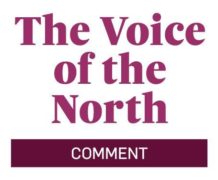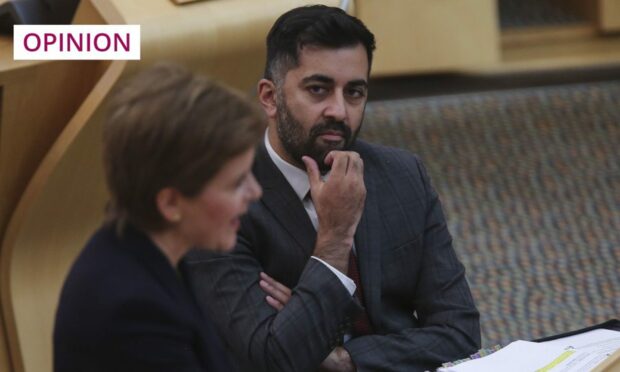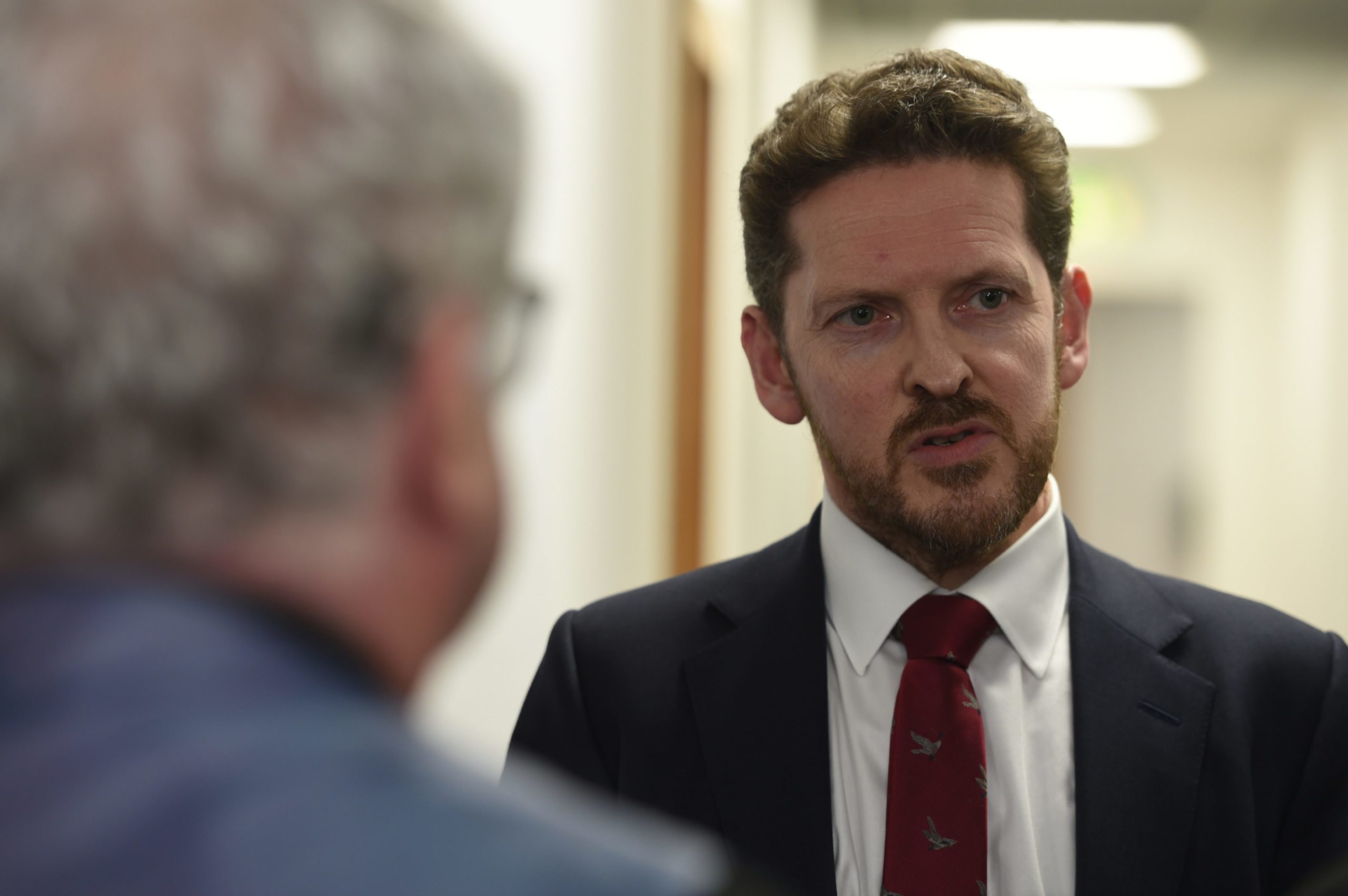Stubbornly defending a principle at the expense of public interest and health is neither admirable nor sensible, write the P&J editorial team.
Politicians who stick resolutely to their principles appear to have been in short supply for some time in the UK, so perhaps First Minister Nicola Sturgeon and Scottish Health Secretary Humza Yousaf deserve a round of applause.
 However, stubbornly defending a principle at the expense of public interest and health is neither an admirable nor sensible course of action for those leading a country.
However, stubbornly defending a principle at the expense of public interest and health is neither an admirable nor sensible course of action for those leading a country.
Ms Sturgeon and Mr Yousaf both reacted passionately to hypothetical suggestions of a so-called “two-tier” NHS system, in which some patients pay, to ease financial pressure.
The first minister said: “The founding principles of the National Health Service are not up for discussion”, while the health secretary called the idea “abhorrent”.
Allowing patients and staff to suffer and letting health services degrade while doing nothing to help is truly ‘abhorrent’
The NHS is a source of great pride for many people living across Britain, and few would choose to move away from free universal healthcare. Still, it is no secret that Scotland’s hospitals and GP surgeries are in crisis, partly as a result of the Covid pandemic, but also due to years of struggle prior to coronavirus rearing its head.
Allowing patients and staff to suffer and letting health services degrade while doing nothing to help is truly “abhorrent”.
We need an open conversation about the NHS
Mr Yousaf and Ms Sturgeon are quick to condemn the ideas of others; where are their solutions to this urgent issue? It is a quintessential example of politicians talking the talk, but shying away from tough problems at crunch time.
If reform within the current system can ease financial strain, or if funds can be sourced from elsewhere within government budgets, all avenues must be thoroughly and swiftly explored. If not, change is needed and, to quote Inverness doctor Iain Kennedy, “we need a proper, open conversation about the NHS” – now, not later.
Should Scottish Government ministers continue to fixate on Scottish independence above all else and shout loudly about protecting the health service without taking action, we will soon see it deteriorate beyond recognition or repair.
The Voice of the North is The Press & Journal’s editorial stance on what we think is the most important story of the day



Conversation